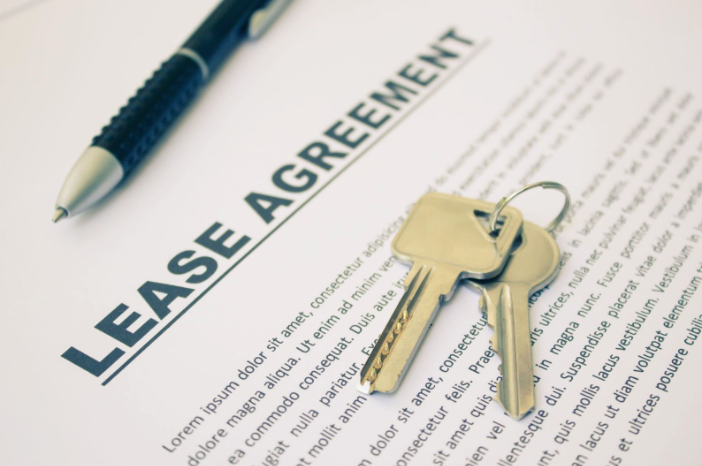
Landlords’ Guide to Maine Lease Agreements
Looking for a comprehensive guide to lease agreements in Maine? Look no further! This article has all the essential information you need.
We’ll cover required disclosures, property conditions, rent and fees, fair housing protections, eviction notices, and entry requirements.
Plus, we’ll share some facts about median rent rates.
So grab a cup of coffee and let’s dive into the ultimate guide for Maine landlords!
Required Disclosures and Property Condition
As a landlord in Maine, it’s essential to ensure compliance with required disclosures and property condition regulations. When drafting a Maine lease agreement, you must include specific disclosures to protect both you and your tenant.
These disclosures are included in the Maine Standard Residential Lease Agreement, which outlines the terms and conditions of the tenancy. Additionally, you must provide a lead-based paint disclosure if your property was built before 1978, an identification disclosure stating your name and address or the address of your agent, and a disclosure regarding carbon monoxide and smoke detectors.
It’s also crucial to maintain the property’s condition according to Maine’s property condition requirements. This includes ensuring that the property is habitable, safe, and free from any hazards that may harm your tenant.
Rent and Fees
To establish a legally compliant lease agreement Maine, you must understand the regulations surrounding rent and fees.
When it comes to rent, Maine doesn’t have rent control or a limit on late fees. Landlords aren’t required to provide a grace period for rent payment.
However, there are restrictions on security deposits. The maximum amount that can be charged for a security deposit is equal to two months’ rent. It’s important to note that landlords aren’t required to pay interest on security deposits.
Additionally, landlords must return the security deposit within 30 days of the tenant moving out, or within 10 days if no deductions are made.
Understanding these regulations will help ensure a smooth rental process in Maine.
Fair Housing Protections
Ensuring Fair Housing Protections for your tenants is crucial when leasing property in Maine. In accordance with federal law, landlords in Maine are prohibited from discriminating against tenants based on race, color, national origin, religion, or sex.
It’s important to treat all potential applicants and tenants fairly and equally throughout the rental process. This means that you can’t deny someone housing or treat them differently because of their protected characteristics.
Additionally, it’s important to be aware of any state or local fair housing laws that may provide additional protections for tenants. By understanding and following these fair housing laws, you can create a welcoming and inclusive environment for all tenants.
Eviction Notices
When serving an eviction notice in Maine, you must provide the tenant with a 3-day pay-or-quit notice for rent demand. This means that if the tenant fails to pay the rent within three days, they must vacate the premises.
If the tenant chooses to pay within the three-day period, the eviction process will be halted. However, if the tenant doesn’t comply, the landlord can proceed with the eviction process.
It’s important to note that the eviction notice must be in writing and should clearly state the amount of rent owed and the deadline for payment. Additionally, the notice should include information on how the payment can be made, such as through cash, check, or online payment methods.
Entry
Ensure Proper Access to the Rental Property by following the entry rules in Maine.
As a landlord, you must provide tenants with a 24-hour notice before entering their rental unit. This notice should include the reason for entry and the date and time of entry. It’s important to respect the tenant’s privacy and only enter at reasonable times, such as during regular business hours.
However, in case of an emergency, you may enter the property without notice or consent to address the situation. Remember to document any emergency entry and inform the tenant as soon as possible.
Conclusion
In conclusion, as a landlord in Maine, it’s crucial to familiarize yourself with the necessary disclosures, property condition requirements, rent and fees regulations, fair housing protections, eviction notices, and entry requirements.
By understanding these key aspects, you can ensure a smooth and legally compliant leasing process.
Additionally, being aware of the median rent rates in Maine and specific cities will help you make informed decisions.
Stay informed and provide a fair and safe rental experience for your tenants.
